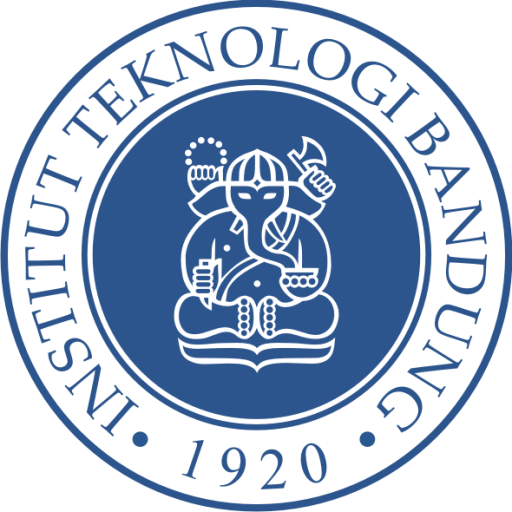The Faculty was established long before the inauguration of the Institute of Technology Bandung (ITB) on March 2, 1959, the date of October 6, 1947 in the city as Faculteit Exacte van Wetenschap, which later became Faculteit Natuur van Wiskunde en Wetenschap, then became Faculteit Definite Sciences and Natural Sciences (FIPIA), and now the Faculty of Mathematics and Natural Sciences (FMIPA).
The Faculty has 15 scientific groups / skills (Algebra, Analysis and Geometry, Analytical Chemistry, Astronomy, Biochemistry, Mathematics combinatorics, Industrial and Financial Mathematics, Physical and Inorganic Chemistry, Nuclear Physics and Biophysics, Organic Chemistry, Physics, Earth and Complex Systems, Physics Electronics materials, Magnets and Photonic Physics, Statistics, High Energy Physics and Instrumentation theoretical) and 17 courses, ranging from Astronomy, Mathematics, Physics and Chemistry at the level of S1, S2 and S3, Actuarial Studies and Computational Science program and Teaching program Mathematics, Physics and Chemistry for masters. Currently the faculty has 187 permanent academic staff, of which approximately 86.6% staff Ph.D., (masters 12.8% and 0.5% graduates) including 38 faculty staff of 187 professors are divided into several groups of science. Because the faculty is part of the ITB, the vision and mission of the faculty is not independent of the vision and mission of ITB. ITB has been declared itself to be a pioneer and guide of science, in collaboration with other institutions in Indonesia, demands the faculty to be at front in the development. Especially this faculty emphasizes more on basic science and mathematics. There from the faculty currently has indeed been asked to guard the ITB performance especially for the development of basic sciences or fundamental research. That is where the role of faculty will be much expected by the ITB. The faculty also have research programs which are all fundamental aspects of research that contains ;
- Information technology especially in the field of computational sciences.
- Biotechnology, for example in chemistry and biochemistry are organic chemistry, in physics there is biophysics, and in the mathematics of course, as means of modeling and structure.
- Nanosciences, this aspect is developed by study program of physics and chemistry to develop new materials both natural and synthetic materials.
Basic Policies
- Inter strata synergy, research and learning, inter disciplines, inter ITB and society.
- Accountability is based on meritocracy / achievements and transparency. Commitment to quality, efficiency and effectiveness. Excellence through creativity, innovation and renewal / continuous improvement.
- Involvement, awareness and participation.

Recent Comments